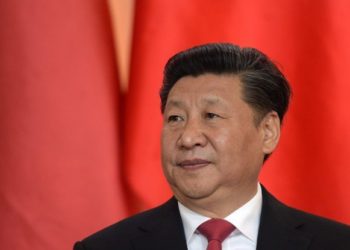The E.U.’s powerful anti-trust authority on Monday approved billions of euros in subsidies from seven member states as Europe seeks to make up lost ground in the highly strategic sector of electric batteries.
The move is part of a major push led by Germany and France to prepare Europe for the emergence of electric cars, as gas combustible engines are phased out over concerns for the environment.
The European car industry employs over 10 million people and the EU – led by Germany and France – is deeply concerned about Europe’s dependence on car batteries from Asia.
The mega subsidy of 3.2 billion euros ($3.5 billion) from Germany, France, Italy, Poland, Belgium, Sweden, and Finland will go to a consortium of 17 companies and will help generate an extra 5 billion euros in private investment, a statement said.
The commission, the E.U.’s anti-trust enforcer, usually holds a strict line against state subsidies, but in 2014 gave more leeway for countries to back strategic transnational projects.
The wave of new subsidies are part of something called the European Battery Alliance.
The campaign, launched in 2017, was designed to entice European industry to create an Airbus of batteries, in reference to the aviation giant that was born of a similar ambition a generation ago.
Companies involved include German car giant BMW and chemical multinationals BASF and Solvay.
More on the Subject
‘Flight Shaming:’ Can Air Travel be Part of a More Sustainable Future?























